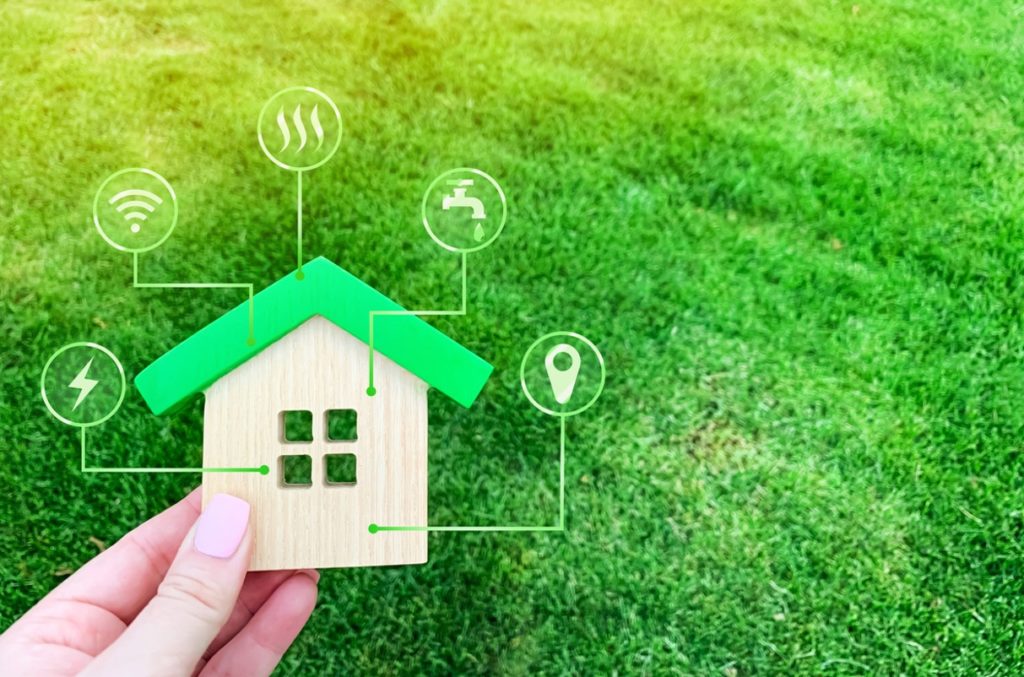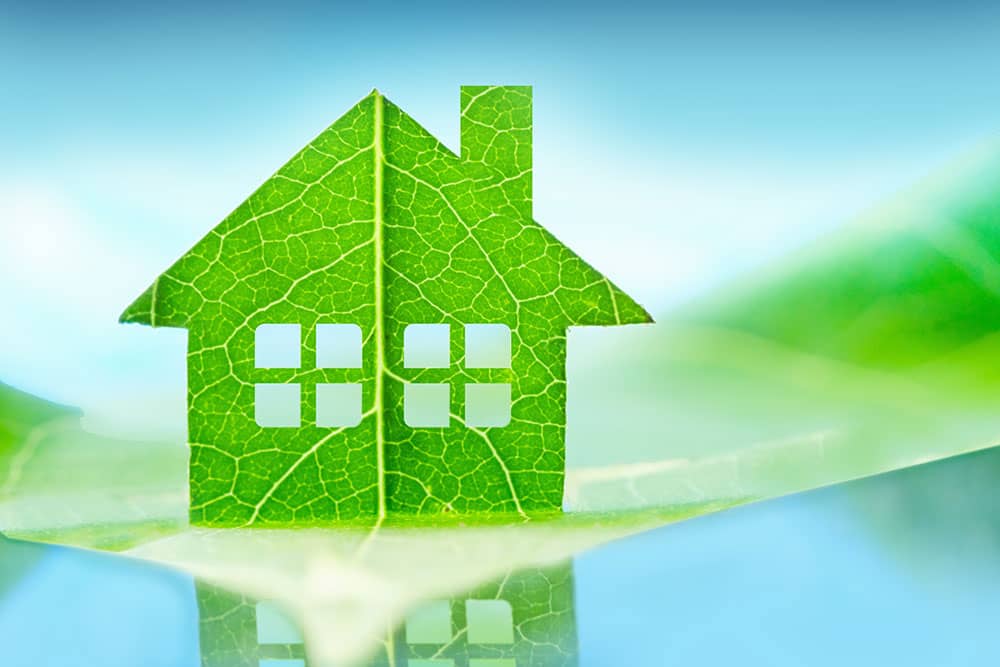How to make an eco-friendly house?
More and more people are joining to be eco-friendly with the planet, building ecological houses or adding some natural materials. However, enjoying an eco-home is not within the reach of all budgets, but if you want your home to be more ecological and healthy, you only need to change a few actions to have an eco-friendly home.
What is an ecological house?
An eco-friendly house is a house that respects the environment, is built with non-toxic materials, and is energy-efficient in both its construction and use. Although the concept of an eco-friendly house is constantly evolving, due to new technologies and construction methods.
Here we tell you how you can build an ecological and self-sufficient house.
Keys to building a green home

To begin with, you need to consider the main aspects before embarking on the construction of such a home.
- Set a budget
- Knowing where to orient the ecological house
- Uses renewable energy and energy efficiency
- Use environmentally friendly materials
- Managing water properly
If you consider any of these changes too drastic, but want to reduce your ecological footprint, here are some tips, and you’ll be surprised how easy it is to make a change.
- Light your home with LED bulbs: LED bulbs to use 75% less energy and last 25 times longer than traditional bulbs. In addition to saving the planet, you’ll save money on your electricity bill.
- Take showers in the shortest possible time: Shortening shower time can save 567 liters of water per month.
- Fix bad faucets in your home: A dripping faucet can mean up to 5 gallons of wasted water a day.
- Incorporate indoor plants: Plants inside your home will purify the air, eliminating toxins harmful to your health.
- Use environmentally friendly products: A great small change to make your home an eco-friendly one, is to consume products for home grooming and personal care that are eco-friendly, you will not only help the planet but also your health.
- Say goodbye to plastics: Recycling your plastic bottle does not help the environment as much as we would like, since they take about 1,000 years to biodegrade, so we recommend you to change your plastic containers for glass or aluminum bottles.
- Unplug electronics when you’re not using them: The simplest and most obvious way to eliminate energy loss is to unplug what you’re not using.
- Swap paper towels for rags: Use paper towels sparingly and gradually replace them with cotton towels, which are more environmentally friendly.
- Follow the rule of the three Rs: The classic 3 Rs have multiplied and, now, there are seven! The first ones are R to reduce and use only what is necessary; R to recycle and take advantage of objects and R to reuse products. Now you can think before you consume; reject products that are not eco-friendly; redistribute the ecological footprint, and call out those who do not behave ecologically.
- Reduce waste: Try to reduce the number of packages that enter your home, change paper bills for online bills, and try to do everything digitally to avoid using paper. And say goodbye to plastic bags, carry an eco-friendly bag everywhere you go.
- Move more: You can use your bicycle as a means of transportation, another easy way is to take the stairs instead of the elevator.
What other ways do you have to turn your home into an eco-friendly home?

